Pest pros are urging you to spray vinegar on your door this summer – here’s why you should act fast
This pantry staple could be the answer to dettering ants


Design expertise in your inbox – from inspiring decorating ideas and beautiful celebrity homes to practical gardening advice and shopping round-ups.
You are now subscribed
Your newsletter sign-up was successful
Want to add more newsletters?
One of the major downsides to the glorious summer sun is the sheer number of bugs that come with it. That is why pest experts have urged homeowners to try spraying vinegar on doors to prevent the most bothersome of them – ants.
Ants can very quickly infest a home, with one or two turning into a colony in a few days. Luckily, this simple pantry staple can be enough to keep them at bay without any dangerous chemicals.
But how does spraying vinegar on doors help to get rid of ants? Here, a pest control pro explains all.
Why you should spray vinegar on your doors
White vinegar, available in extra-large bottles at Walmart, is one of the best natural pest control methods. While vinegar does not kill ants, as one of the smells ants hate, it is a good way to disrupt their scent trails, deterring them from entering your home.
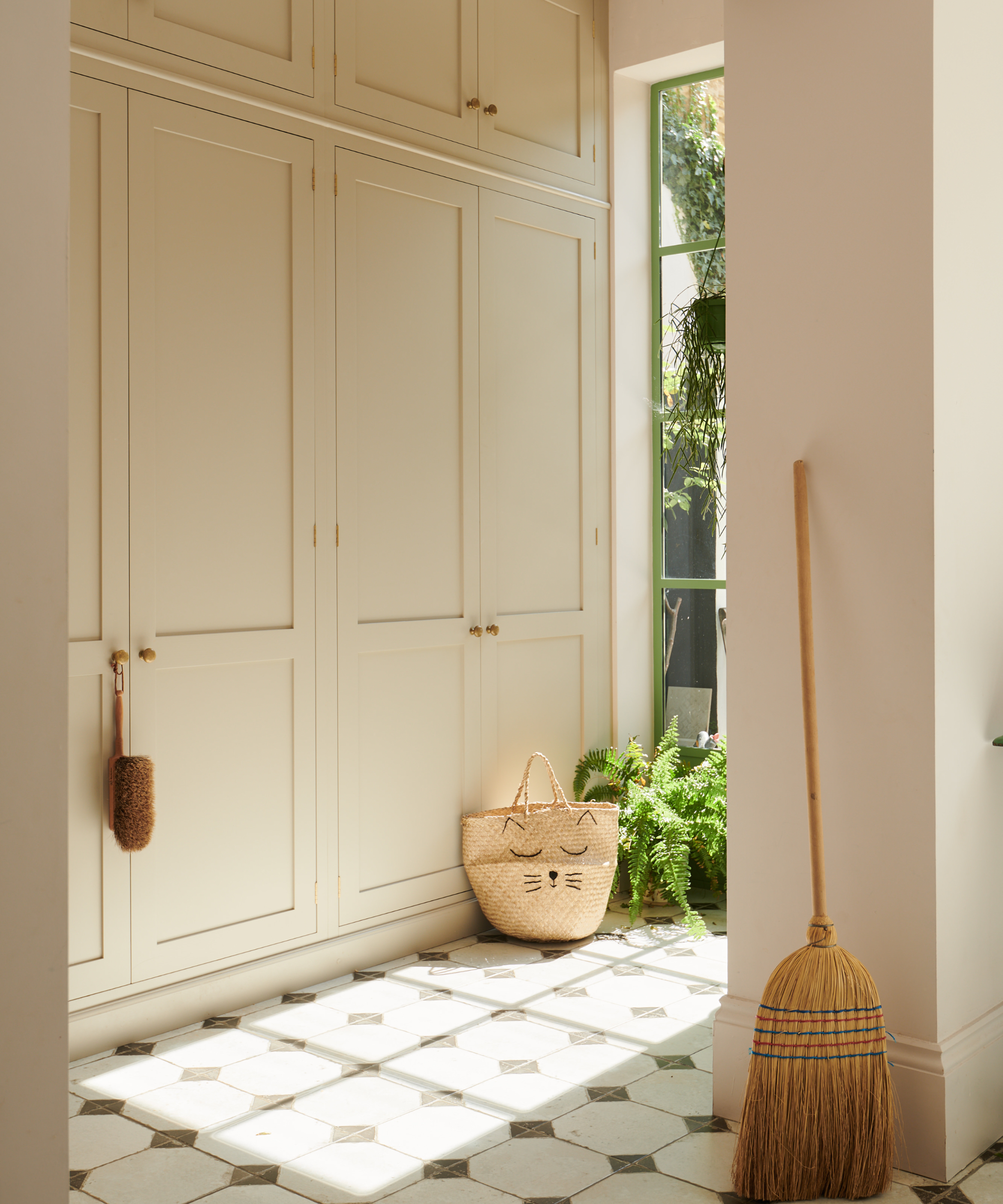
Spray vinegar liberally around your doorways to prevent ants entering.
Ryan Smith, entomologist and owner of Ant & Garden Organic Pest Control, explains, ‘Ants constantly lay scent trails to communicate the location of food sources, which is why using a solution that breaks down pheromones can be effective at keeping them at bay. I recommend a simple 50-50 mix of white vinegar and water to clean any surfaces where ants have traveled. The vinegar neutralizes the pheromone trails and makes it harder for other ants to follow the path.’
Spritzing this homemade bug spray around doors and other common entry points, such as windows (or even using it to pest-proof your pantry) is a great way to create a non-toxic home without compromising and struggling with indoor pests.
Don't love the smell of vinegar? Cover it up and disrupt pheromone trails further by using Fabreeze heavy-duty odor eliminator spray from Walmart.
Design expertise in your inbox – from inspiring decorating ideas and beautiful celebrity homes to practical gardening advice and shopping round-ups.

As this method uses no harsh chemicals, you can use it safely indoors, too.
For this approach to be effective, however, Ryan adds, ‘Since vinegar evaporates quickly, reapply regularly, and identify and eliminate what’s attracting the ants in the first place.’ This includes fixing leaks and removing food sources with smart cleaning tips.
He continues, ‘After disrupting the trails, finding and sealing entry points where ants are getting inside is important. Common access points include cracks in the foundation, gaps around doors and windows, plumbing penetrations, and electrical openings. Sealing these with caulk [such as GE Silicone All-Purpose Caulk, from Lowe’s] or weather stripping [from Walmart] cuts off future access.’
What to shop
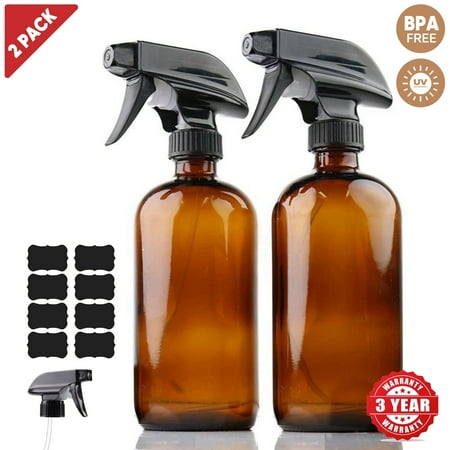
Glass spray bottles are easy to wash out and reuse for all manner of household cleaning and pest sprays.
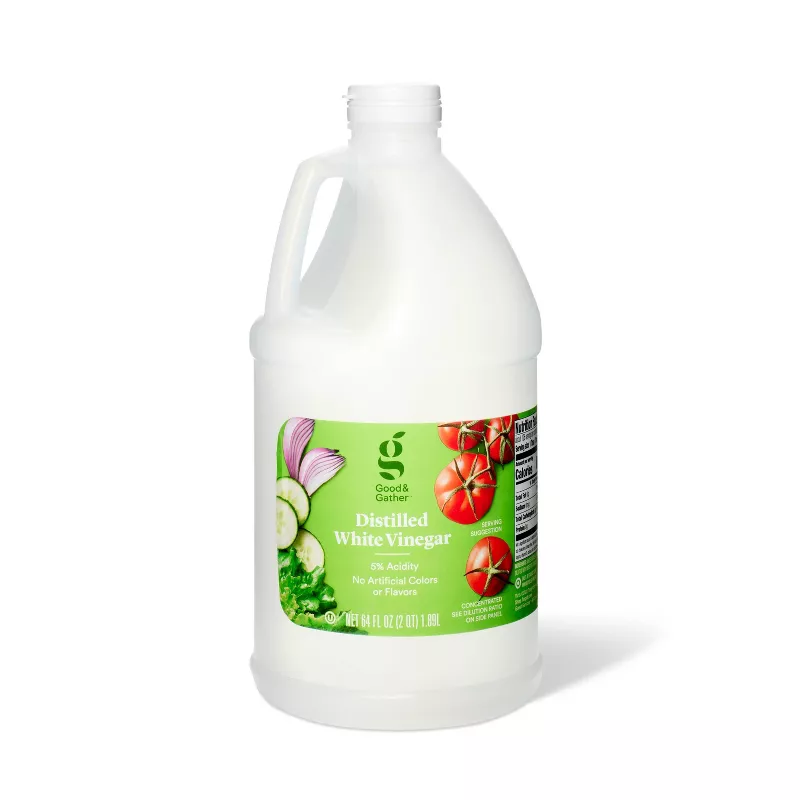
This white vinegar has been diluted to 5% acidity, making it perfect for cleaning with vinegar and preventing pests.
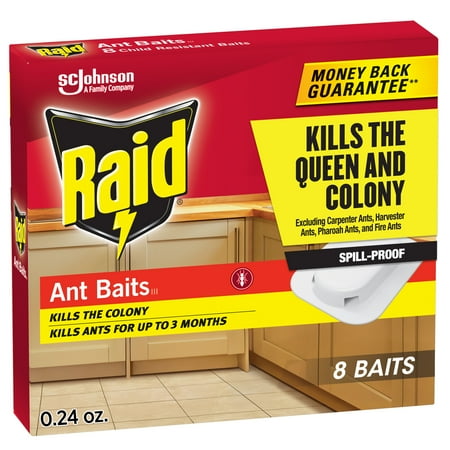
if ants do get into your home, use bait traps to quickly eliminate them. These long-lasting traps last for up to three months. Be careful using them around young children and pets, however, as hey do contain harsh chemicals.
FAQs
Will ants leave if you clean?
Ants may not leave you home if you clean your house, although removing food sources and clearing away scent trails can help to dissuade them. Removing ants will likely need bait traps, or remediation from a pest control pro.
Meet the expert
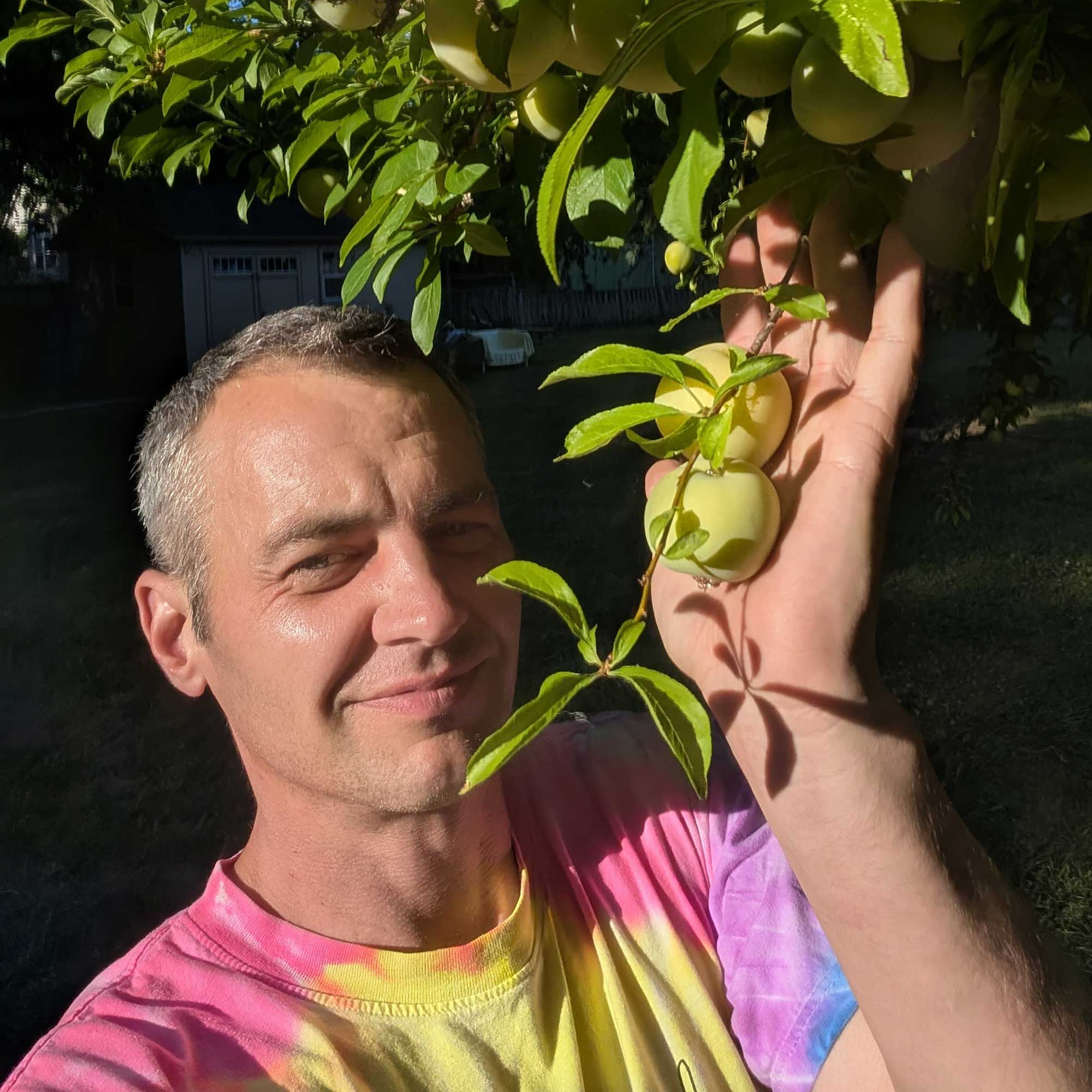
Ryan Smith is an entomologist and pest-control expert from Beaverton, Oregon, with six years of experience in the industry. He owns Ant & Garden Organic Pest Control and holds seven pest control licenses – the most held by any individual in Oregon. Ryan focuses on organic, long-lasting solutions that protect people, crops, and pollinators.
Ryan concludes, ‘Combining these techniques with targeted baiting, trail removal, entry sealing, and proper sanitation helps resolve indoor ant problems while avoiding chemical sprays that could harm pollinators, pets, or people.’
When relying on natural methods to prevent ants, be sure to avoid squashing ants in your home, or you risk making the problem worse.

Chiana is Homes & Gardens’ kitchen appliances editor. With a lifelong passion for cooking and baking, she grew up experimenting in the kitchen every weekend with her baking-extraordinaire Mom, and has developed a great understanding of how tools and appliances can make or break your ideal relaxing kitchen routine.